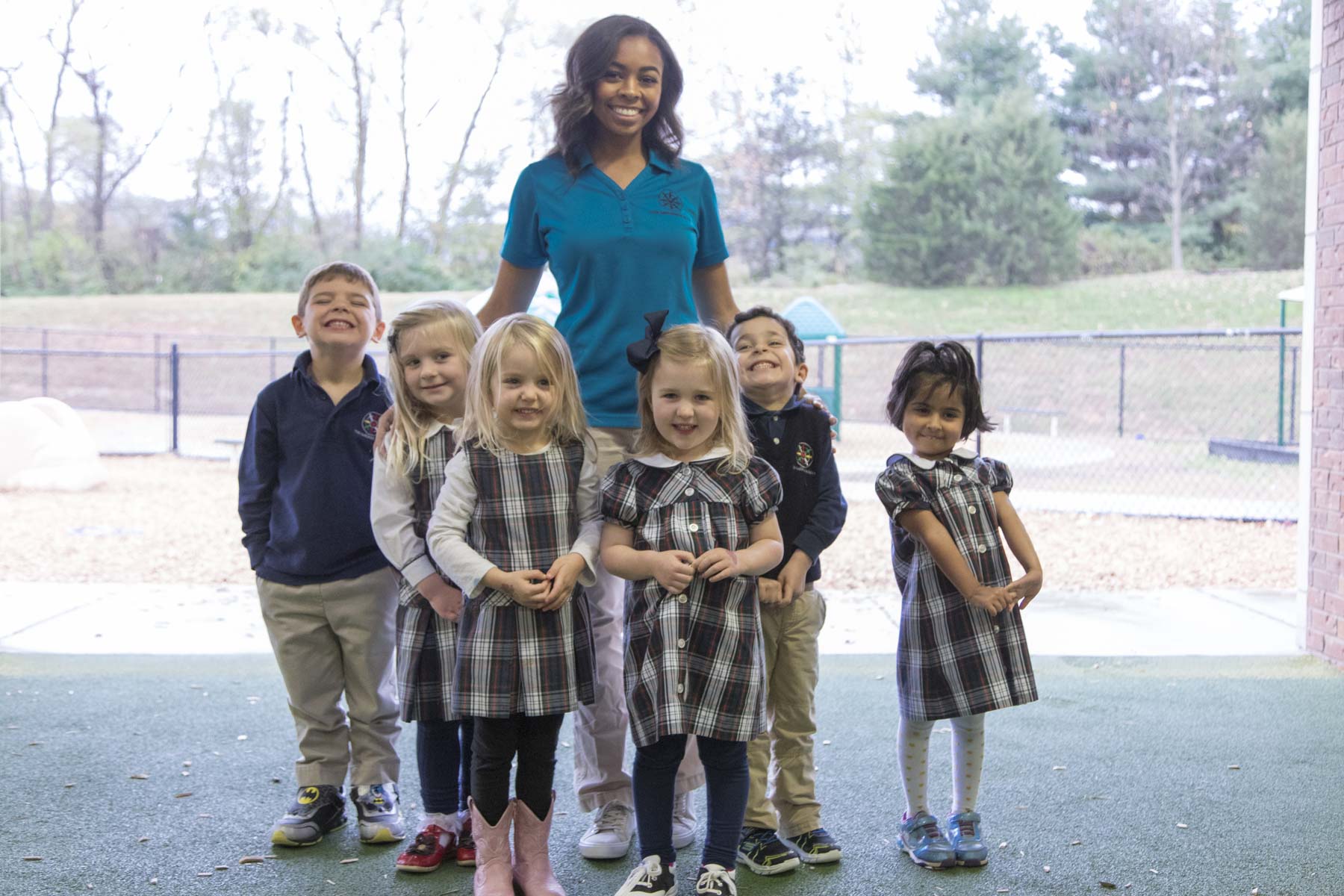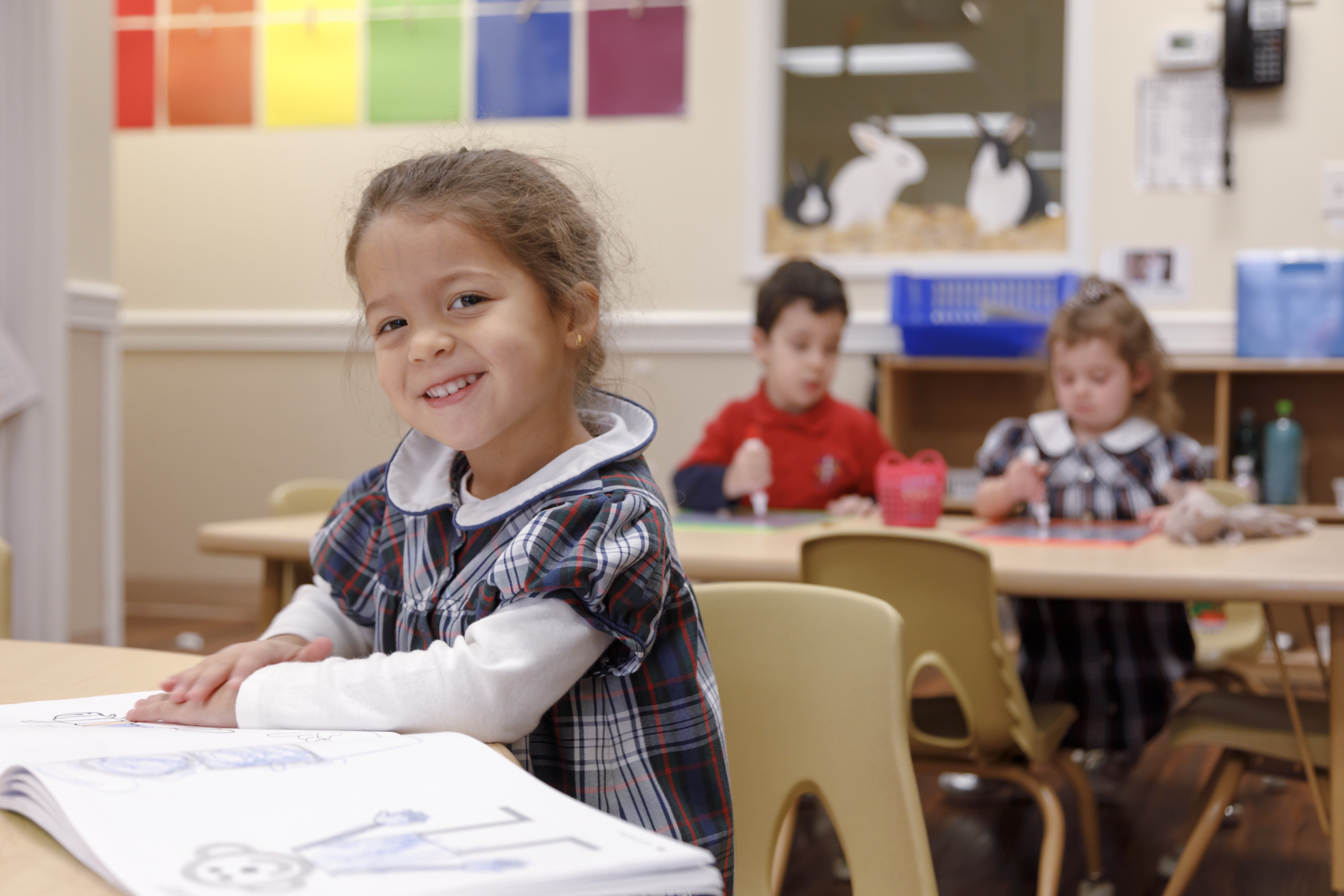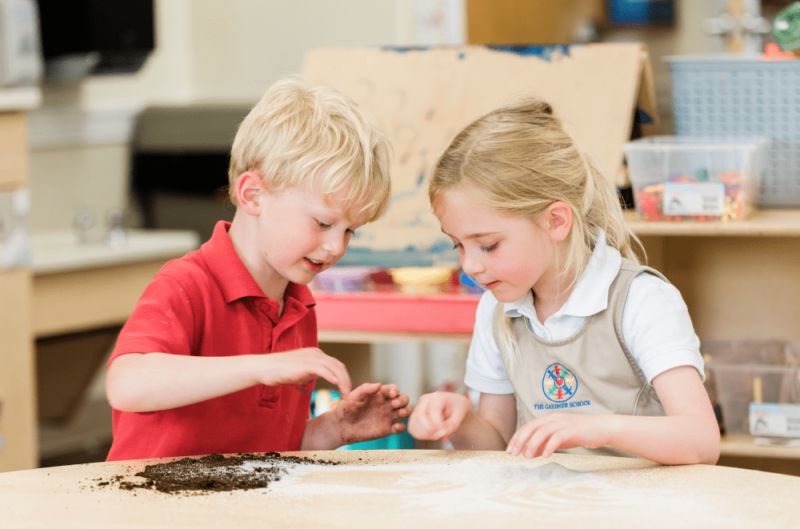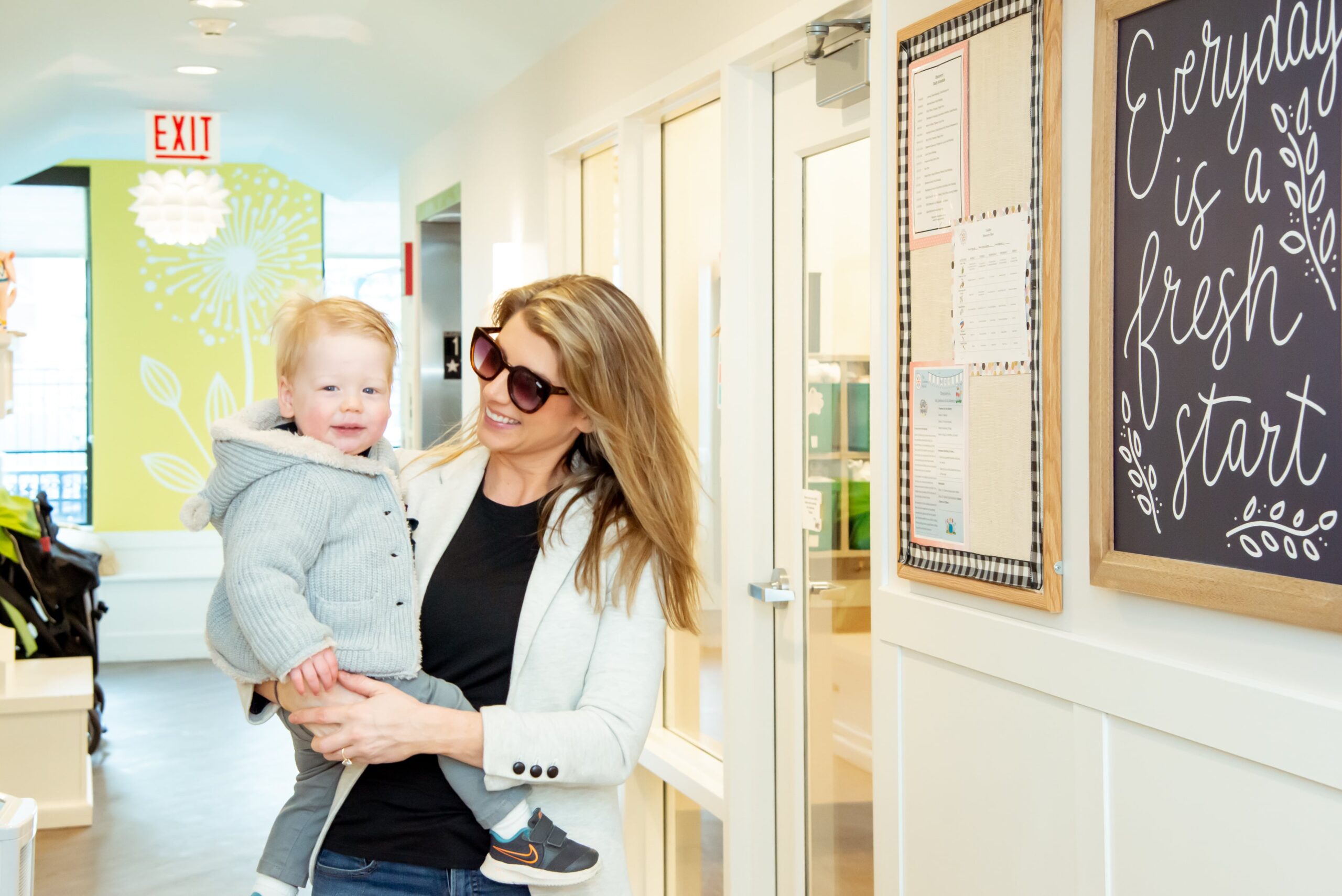
It’s August, which means school is back in session soon for school-aged children. This is always an exciting time for preschools, too, as teachers oftentimes welcome new preschool students. However, it’s also bittersweet in the sense that many of the students who were with us last year have moved on to their next new adventure…Kindergarten.
At The Gardner School, we work really hard to make sure our preschoolers are prepared and equipped to handle the new challenges they’ll face for the first time in elementary school. We don’t want students or parents to be surprised when their Kindergarten adventure begins.
One practical way we strive to prepare our students for their next new adventure is to make sure we know what Kindergarten teachers expect and can help prepare our parents. Because our teachers are degreed and highly qualified, many have friends and connections who work at the elementary school level. Our preschool teachers are always learning from Kindergarten teachers about the changes they’re experiencing and the ways we can continue to enhance our programs.
4 Things Every Kindergarten Teacher Wants Parents to Know
Here are a few things we hear from Kindergarten teachers when it comes to what they want parents of preschoolers to know:
1. Teachers want parents to be involved.
Despite what some parents think, teachers do want you to be proactively involved in your child’s Kindergarten experience. Numerous studies show that children do better academically and socially when families are involved in their educational experience. Teachers recognize this and want to work with you to help your child learn and grow.
This is one of the reasons we start cultivating the parent-teacher partnership early on with our students. We can’t overemphasize the difference it makes when parents are intentional about working with teachers on ideas and strategies that will involve you in your child’s learning.
2. Much of what your child learns still happens outside the classroom.
Even though your child is spending more dedicated time at school, much of what they learn will still take place outside of the classroom. Continuing to play an active role in your child’s learning experience by reading at home, taking them to museums or the zoo, and engaging them in conversations about homework will help them understand that learning is a life skill that doesn’t end when the school bell rings.
At The Gardner School, we’ve seen the value in continual learning through things like enrichment activities that allow students to be creative and put into practice their natural gifts, talents, and passions. These type of learning experiences become even more important once your child enters elementary school.
3. Practicing social skills at home will enhance your child’s growth once they start school.
Developing the ability to interact and play well with others is one of the most important lessons your child will learn. Once your child enters Kindergarten, they’re exposed to more opportunities for deciding how and when to express their feelings and when—and if—to act on impulses.
One of the ways we help prepare our students for Kindergarten is by intentionally developing their listening and social skills. We want all our pre-K students to effectively communicate with peers and have the ability to play make-believe with others.
Is Your Child Ready for Kindergarten?
This is a question every parent asks at some point along the preschool journey. It can be difficult to answer with the doubts and concerns you might have in sending your child off to Kindergarten for the first time. A few of our schools house private Kindergarten programs, and we think our Kindergarten teachers summed it up nicely with these words of advice:
“My kids read far deeper than using phonics and memorizing sight words. They read how you feel. They read your concerns. They read your mood. They read your happiness and sadness. Overall, they read far beyond just what we are ‘teaching’ them. Every teacher needs to think about this every morning before starting the day.” ~ Kindergarten Teacher, TGS Oak Brook
“Social-emotional readiness is just as important as being academically ready for Kindergarten. It’s important for a child to identify and handle their own feelings, as well as to be aware of the feelings of those around them. It’s important for parents to encourage independence and foster problem-solving skills, giving children tools on how to solve problems rather than solving the problem yourselves.” ~ Kindergarten Teacher, TGS Blue Ash
If you have any questions about how to prepare your child for Kindergarten, we’re here to help. Contact one of our schools near you or subscribe to our blog for more ideas on how you can play a proactive role in your child’s early education experience.



